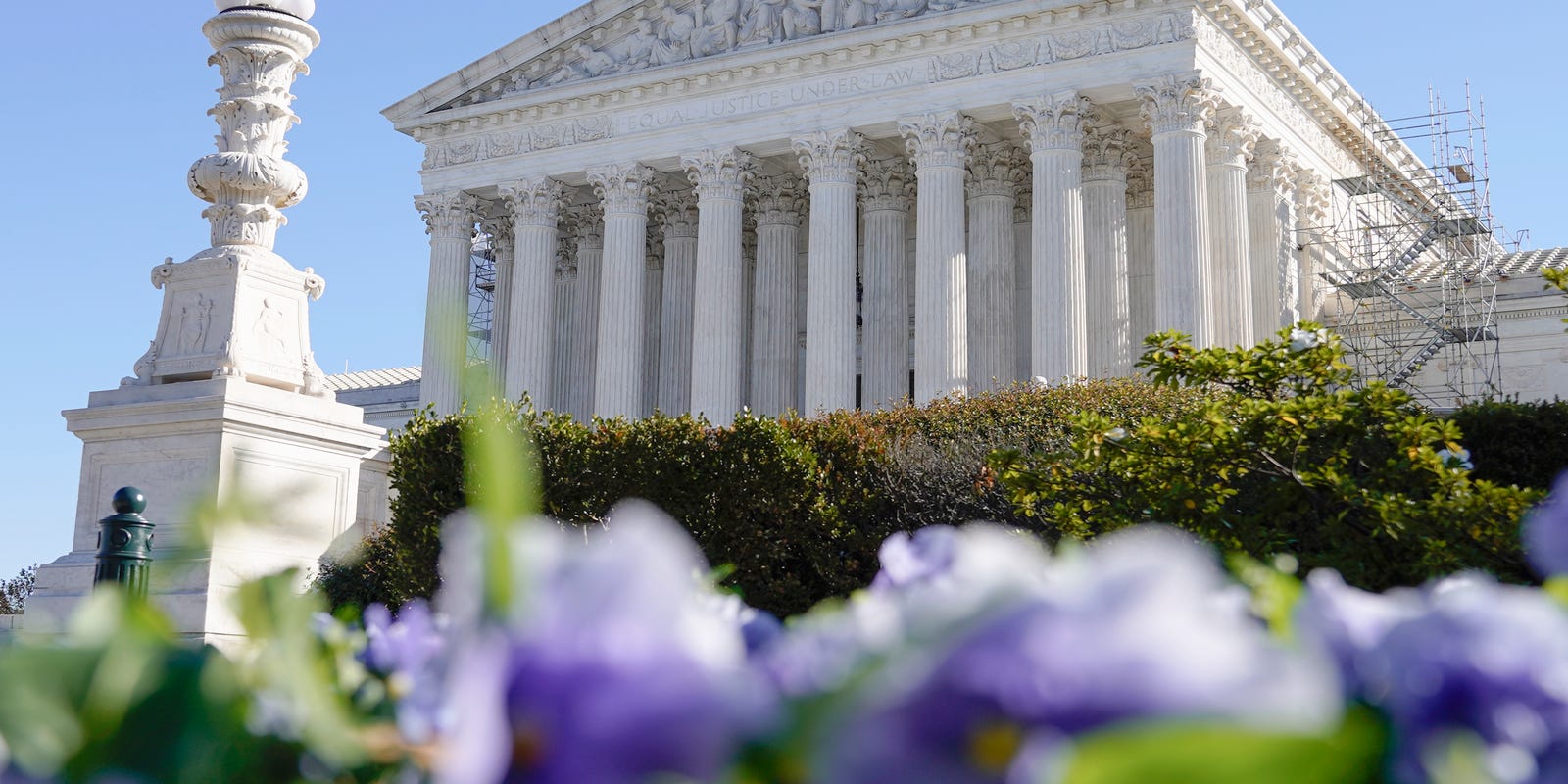
In a push to convince the U.S. Supreme Court to take their case, an Anderson couple who lost custody of their transgender teen are arguing that without intervention more parents around the country could be stripped of parental rights because of their religious beliefs.
“If this can happen in Indiana, it can happen anywhere. Tearing a child away from loving parents because of their religious beliefs, which are shared by millions of Americans, is an outrage to the law, parental rights, and basic human decency,” Lori Windham, vice president and senior counsel at Becket, said in a statement Thursday.
The Washington, D.C.-based law firm that specializes in religious freedom cases is representing Mary and Jeremy Cox in their appeal of an Indiana court ruling that upheld a decision by the Department of Child Services to remove their child.
The case touches on some of the most controversial and divisive social issues in Indiana, where conservative lawmakers have passed legislation targeting transgender rights, and LGBTQ+ advocates have turned to the courts for help. The issue of parental rights has also gained political momentum, particularly among Republicans over the last few years, focusing on issues such as vaccination requirements, school curricula and gender-affirming care for transgender youth.
In 2019, the Coxes’ teen, identified in court records as A.C., told them that she identified as a girl, clashing with her parents’ devout Christian views that children should be raised based on their sex at birth and the use of pronouns or names inconsistent with their biological sex is both immoral and harmful. The Coxes said they sought therapeutic care for A.C.’s gender dysphoria and scheduled appointments with a specialist to treat the eating disorder.
In 2021, a Madison County judge ordered that A.C. be removed from the Coxes’ custody following a recommendation by DCS that she be placed in a home that affirms her gender identity. DCS had received allegations that A.C.’s physical and mental condition was endangered by her parents, who were not referring to her by her preferred pronouns, and reports of alleged verbal and emotional abuse over the teen’s gender identity.
The Coxes have denied the abuse allegations, which DCS later dismissed, and have turned to the U.S. Supreme Court after losing appeals in state courts.
The Indiana Attorney General’s Office, which is tasked with defending DCS, argued the conflict between the Coxes’ religious beliefs and A.C.’s gender identity was not why the state took her away from her parents.
“Rather, petitioners’ child was removed because the child had a severe eating disorder that petitioners had not been able to effectively address for two years, that jeopardized the child’s brain and bone health,” the attorney general’s office argued in a brief filed earlier this month.
The brief also reiterated a Madison County judge’s ruling that A.C.’s eating disorder was partly caused by “self-isolation” from her parents that was “likely to reoccur” if she’s returned home. The state is also saying the case is moot because A.C. is now an adult.
But the Coxes argue the case is still relevant — and could have an impact on other parents around the country.
A brief filed Thursday cited the rising number of transgender youth and the government’s willingness to remove children with gender dysphoria from their parents’ custody. The Coxes also accused state officials of blaming an underlying mental health condition ― in this case, A.C.’s eating disorder ― for why they took the teen away.
“Indiana’s tack … provides a playbook that any state can use to eviscerate bedrock constitutional protections while guaranteeing they remain insulated from review,” according to the brief.
The case was at the center of a failed bill that would have banned courts from removing transgender children from their parents based solely on their refusal to allow gender-affirming care and acknowledge the child’s gender identity.
Contact IndyStar reporter Kristine Phillips at (317) 444-3026 or at kphillips@indystar.com.



